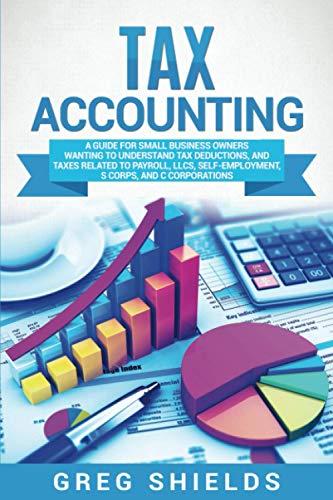Question
Bob owns a mill and is thinking of replacing the old machine with a new machine. The old machine has a historical cost of $30,000
Bob owns a mill and is thinking of replacing the old machine with a new machine. The old machine has a historical cost of $30,000 and accumulated depreciation of $27,000 and has a trade-in value of $4,200. It currently costs $600 per month in utilities and another $5,000 a year in maintenance to run the machine. Bob feels that the machine can be used for another 15 years, after which it would have no salvage value. The new machine would reduce the utility costs by 30% and cut the maintenance cost in half. The new machine costs $49,000, has a 15-year life, and an expected disposal value of $4,000 at the end of its useful life. Bob charges customers $5 per hour to use the fitness center. Replacing the machine will not affect the price of service or the number of customers he can serve.
Question:
Bob wants to evaluate the new machine using capital budgeting techniques but does not know how to begin. To help him, read through the problem and separate the cash flows into four groups: (1) net initial investment cash flows, (2) cash flow savings from operations, (3) cash flows from terminal disposal of the investment, and (4) cash flows not relevant to the capital budgeting problem.
Assuming a required rate of return of 7%, and straight-line depreciation over remaining useful life of machines should bob buy the new machine
Step by Step Solution
There are 3 Steps involved in it
Step: 1

Get Instant Access to Expert-Tailored Solutions
See step-by-step solutions with expert insights and AI powered tools for academic success
Step: 2

Step: 3

Ace Your Homework with AI
Get the answers you need in no time with our AI-driven, step-by-step assistance
Get Started


